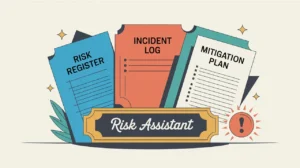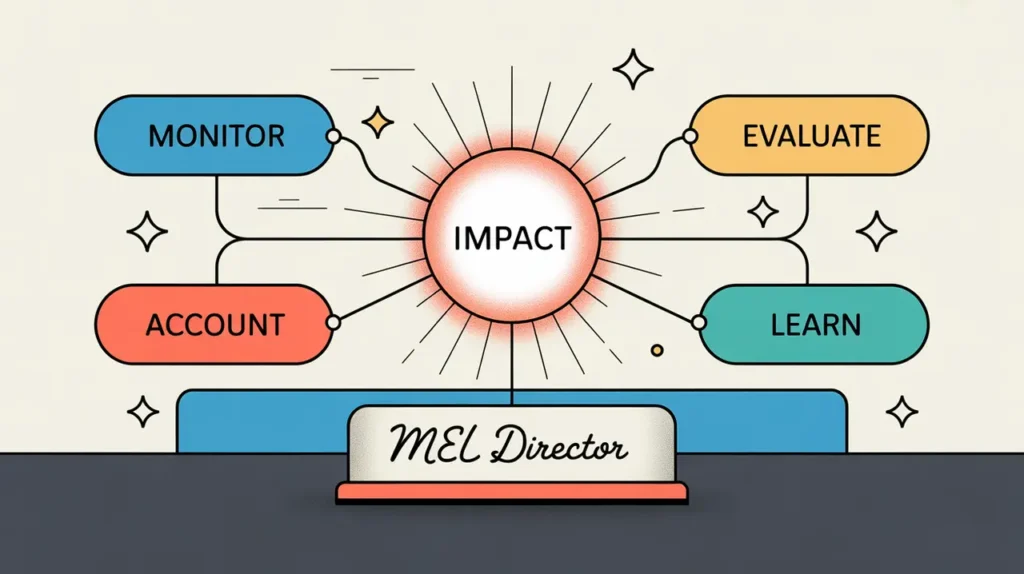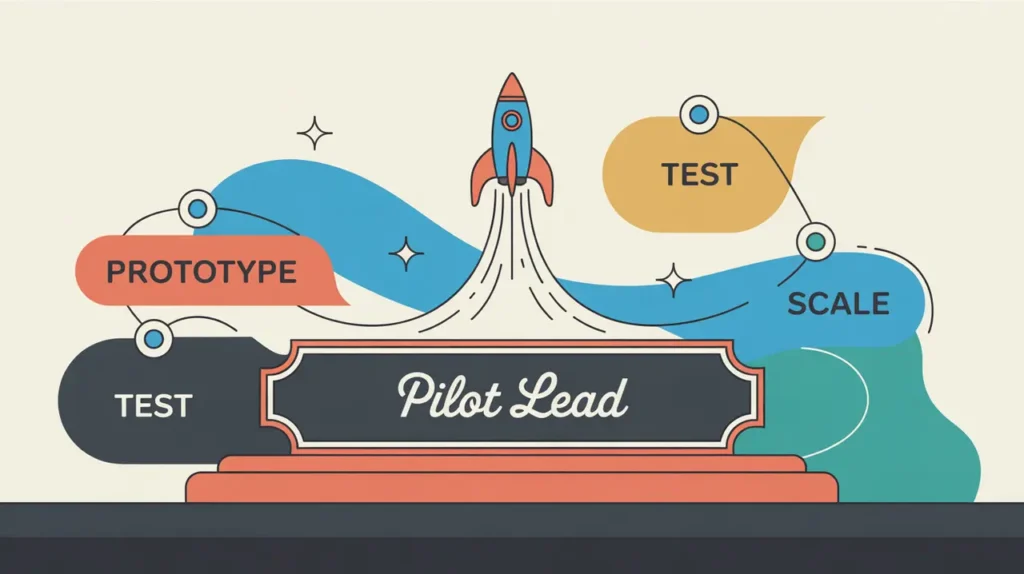What Does the Program Manager Role Involve?
A Program Manager is responsible for overseeing the planning, implementation, monitoring, and evaluation of programs to ensure they meet strategic objectives, achieve impact, and operate efficiently. They manage program budgets, coordinate teams, engage with partners, track progress against goals, and ensure compliance with donor and organizational requirements. Program Managers act as the connective tissue between strategic direction and day-to-day execution, ensuring that program activities are aligned with organizational priorities.
In nonprofits and social enterprises, Program Managers play a critical role in translating strategy into results, maintaining operational excellence while driving learning and adaptation.
At What Level does this Role Operate?
Mid Level: Program Managers typically operate with a blend of strategic oversight and operational responsibility. They often report to a Program Director or senior leadership and supervise officers, associates, and assistants. Their scope may include managing a single large program or multiple smaller initiatives within a portfolio.
Relative Employability: Program Manager roles are widely available across nonprofits, foundations, development agencies, and social enterprises. They are in high demand in organizations managing multi-donor or multi-stakeholder programs, particularly in education, health, environment, and governance sectors.
Relative Pay Scale: Program Managers generally occupy the mid to upper-mid pay bands. Their compensation reflects their leadership and operational responsibilities, sitting above officer and assistant roles and below senior director-level positions.
What are the Key Responsibilities and Activities?
- Plan and manage program activities, timelines, and deliverables in alignment with organizational strategies and donor agreements
- Oversee program budgets, ensuring proper allocation, expenditure tracking, and financial reporting
- Supervise program teams, providing guidance, mentorship, and performance oversight
- Coordinate with partners, funders, and stakeholders to ensure effective program delivery
- Monitor program implementation, identify risks or issues, and make course corrections as needed
- Ensure compliance with donor requirements, organizational policies, and regulatory standards
- Prepare progress reports, impact assessments, and presentations for internal and external audiences
- Support strategic planning, proposal development, and program design in collaboration with leadership and partners
- Facilitate knowledge sharing and learning across teams to improve program quality and impact
What Core Competencies and Qualifications are Needed?
Required Qualifications and Experience
The following reflect common qualifications and experience expected for this role, while recognizing that pathways may vary by context, organization, and region.
- Relevant academic background in social sciences, public policy, international development, or related fields
- Several years of experience managing programs or projects, preferably in nonprofit or social enterprise contexts
- Strong understanding of program planning, implementation, monitoring, and evaluation
- Experience managing budgets, teams, and partnerships
- Familiarity with donor compliance frameworks and reporting requirements
Key Competencies
- Strategic and operational planning skills
- Strong leadership and team management abilities
- Excellent organizational and project management skills
- Analytical skills to interpret data and inform decision making
- Strong written and verbal communication skills for reporting and stakeholder engagement
- Ability to manage multiple priorities in dynamic environments
How are AI and Automation Shaping this Role?
An AI-native Program Manager can use AI tools to integrate real-time monitoring data, generate draft reports, track financial performance, and forecast implementation risks. Automation can streamline workflows, reporting cycles, and partner coordination. Predictive analytics can inform resource allocation and adaptive management strategies, while AI-driven dashboards provide a clearer view of program performance across multiple dimensions.
What Career Pathways and Transferable Skills are Associated with this Role?
Program Managers can progress to roles such as Program Director, Head of Programs, Strategy Lead, or Chief Program Officer. Their skills in planning, implementation, and stakeholder management are transferable to senior leadership roles in nonprofits, philanthropy, consulting, or public institutions. Over time, they may take on responsibility for larger program portfolios, shape organizational strategies, or lead cross-sector collaborations at national or international levels.







